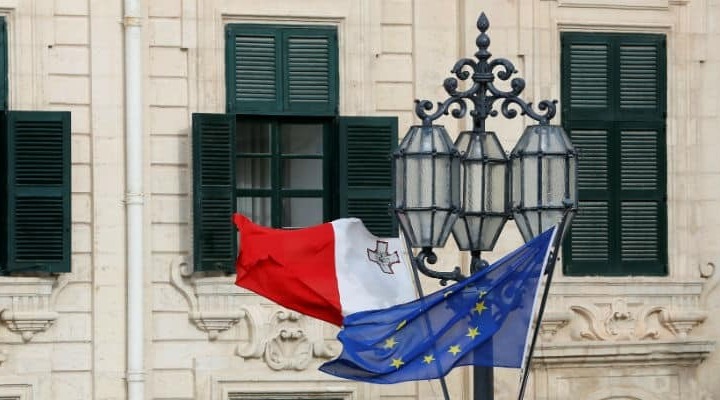Malta’s Financial Services Authority (MFSA) has moved towards aligning the island’s existing cryptocurrency regulations with Europe’s Markets in Crypto-Assets (MiCA) regulations, which will come into effect in December 2024. The MFSA has launched a public consultation until 29 September on the proposed changes.
Crypto Regulations in Malta
Malta was one of the early jurisdictions to adopt crypto regulations with the establishment of its Virtual Financial Assets (VFA) framework in 2018, aiming to attract companies in the booming industry to the island. Although some big names initially moved to Malta, the program failed to attract the masses.
Now, the proposed changes to align its requirements with MiCA will ease many existing rules. One of the highlighted changes is removing the systems audit requirement for VFA license holders. Further, the capital requirements for Class 3 and 4 license holders were reduced to 125,000 euros and 150,000 euros, respectively. It also removed the professional indemnity insurance requirement.
Other proposed changes include updating outsourcing requirements to align them with MiCA and incorporating the service-specific rules of MiCA into the local VFA framework. The proposed changes removed the existing requirements relating to client categorization and the need for Risk Management as well as the Internal Capital Adequacy Assessment Report.
Upcoming MiCA in the EU
The Council of the European Union adopted MiCA regulations last May. This regulatory framework will govern all crypto companies operating within the EU. European countries with existing crypto regulations must change their framework to align with MiCA, or the pan-European framework will supersede the local rules when it becomes effective.
The MiCA framework is based on Europe’s Markets in Financial Instruments Directive (MiFID) principles, which cover the bloc’s wider financial services industry. The MiCA framework will bring many crypto-specific rules, which are a must for the sector but could not be added in MiFID.
Apart from Malta, other European countries are making preparations to align their crypto rules with MiCA. France has already amended its existing crypto regime to align with MiCA. In recent years, many big and small crypto companies have established their base in France.

















